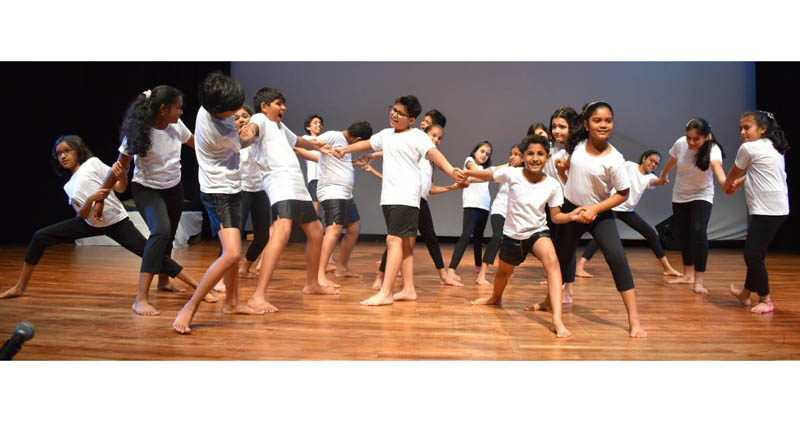Excelsior Correspondent
Port Louis, Dec 6: Balwant Thakur’s highly acclaimed play ‘Aap Hamaare Hain Kaun’ staged in International Festival of Friendship commemorating 75 years of the diplomatic relations between India and Mauritius at IGCIC Auditorium, Phoenix Mauritius.
Aninash Teeluck, Minister of Arts and Cultural Heritage was the chief guest on the occasion who while appreciating the presentation acknowledged that Mauritius witnessed something totally novice to the island and ensured this to become a tradition in Mauritius. High Commissioner of India, K. Nandini Singla also graced the occasion with other dignitaries of Mauritius.
Thakur’s play was presented in four languages viz French, Creole, English and Hindi and the most interesting part was not only the translation of the play in other languages but also its adaptation and assimilation in the respective idioms and culture of multicultural Mauritius. When it was being performed in French, the adaptation was such that no one could make out that this is originally an Indian play written in Hindi.
Human concerns globally are the same, only one needs to have a larger perspective of the creative outreach. The kind of response which Balwant has received for his play establishes the fact that he is a global icon of theatre and his hold over addressing world issues through theatre is phenomenal. Receiving standing ovations in a foreign land speaks volumes about the acceptance and appreciation of his school of theatre.
Balwant trained not only young performers but also a team of directors in Mauritius who will carry the legacy of his work to other parts of the country and will create a historic movement of this kind of new theatre in Mauritius.
Play ‘Aap Hamare Hain Kaun’ in a very effective manner shakes parents, educationists/ guardians of society out of reverie of materialism, consumerism and unbridled desires. This play compels elders to look around and clear the mess they have created due to their own amorous ambitions and rat race. Parents see in their children an extension of their unfulfilled dreams and force them to become stereotypes and kill the bountiful charm in them.
In a pursuit to make them top professionals, doctors, engineers and civil servants, they are subjected to every kind of cruelty. The children become mechanical and hardly get time to discover their real self. Prevalent educational system adds further insult to the injury and their creativity gets scuttled and children grow up devoid of values. Play deals with contemporary problems that younger generation is up against from their own loved ones.


